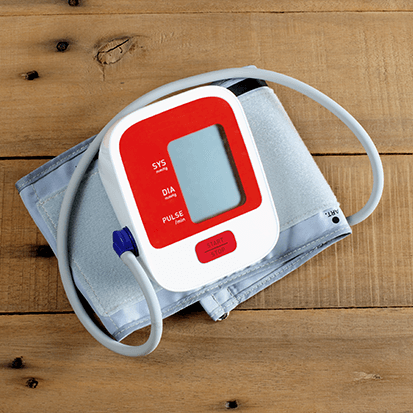All Categories
Featured
Table of Contents
Preserving good eye health is critical for overall health, and normal eye tests are a crucial component of this. Many people may not realize they require an eye exam till they see specific indications or symptoms.
![]()
1. Blurred or Misshaped Vision.
One of the most noticeable signs that it's time to see an eye treatment specialist is experiencing obscured or misshaped vision. If you discover these signs, do not wait-- schedule an eye exam as quickly as feasible.2. Frequent Frustrations.
Frequent frustrations, particularly those occurring after extended periods of analysis or screen time, can signify underlying vision problems. Straining to see plainly can create stress headaches as a result of overworked eye muscle mass. It's crucial to seek advice from an eye care professional to identify if vision issues are contributing to the trouble. if migraines come to be an usual event.3. Difficulty Seeing in the evening.
If you find it progressively testing to see in reduced light or experience halos around lights during the night, it might suggest establishing eye problems. Evening vision difficulties can be linked with cataracts or various other retinal disorders. An eye exam can assist determine the cause and guide suitable treatment alternatives.4. Adjustments in Shade Understanding.
Seeing modifications in how you view shades-- such as difficulty comparing comparable tones or a basic fading of color vibrancy-- can be a sign of vision issues. This symptom might be connected to various problems, including macular degeneration or diabetic retinopathy. If you experience these changes, it's necessary to look for an eye test immediately.5. Eye Pressure and Exhaustion.
With the rise in display time because of function and recreation, lots of people experience eye stress or tiredness. Signs and symptoms may include dry skin, inflammation, and an experience of heaviness in the eyes. This condition, often described as digital eye pressure or computer system vision syndrome, can arise from extended exposure to screens without breaks. While taking regular breaks can aid, consistent pain might necessitate a browse through to an eye treatment expert for a detailed assessment.6. Flashes of Light or Drifters.
Seeing flashes of light or an increase in floaters (tiny specks or cobweb-like structures that drift throughout your field of vision) can be worrying. While floaters are frequently harmless, unexpected adjustments in their frequency or the look of flashes of light may suggest a major problem, such as retinal detachment. Look for immediate medical interest. if you experience these symptoms.7. Family Background of Eye Issues.
If you have a family history of eye diseases, such as glaucoma, macular degeneration, or diabetes-related eye issues, you must be proactive about your eye wellness. Normal eye tests are essential for early discovery and management of potential genetic conditions, even if you aren't experiencing signs.8. Problem Checking Out Fine Print.
As you age, it's common to experience presbyopia, a condition that makes it challenging to concentrate on close objects. It might be time to arrange an eye exam if you find yourself holding analysis product further away or having a hard time to see small print. A comprehensive examination can help establish if various other interventions or corrective lenses are needed.
Verdict.
Being aware of the indications that suggest a need for an eye test is essential for preserving good vision and overall health. Regular eye treatment can protect against small issues from establishing right into serious problems, making sure that you enjoy comfortable and clear vision throughout your life.Table of Contents
Latest Posts
Take Advantage of Exclusive Auto Repair Specials in Chicago at Montclare Auto Repair
Published en
1 min read
Why Consistent Car Maintenance at Montclare Auto Repair Saves You Money
Published en
1 min read
Experience Your Financial Partner at WyHy – Key Advantages for Your Financial Success
Published en
1 min read
More
Latest Posts
Take Advantage of Exclusive Auto Repair Specials in Chicago at Montclare Auto Repair
Published May 27, 25
1 min read
Why Consistent Car Maintenance at Montclare Auto Repair Saves You Money
Published May 24, 25
1 min read
Experience Your Financial Partner at WyHy – Key Advantages for Your Financial Success
Published May 23, 25
1 min read